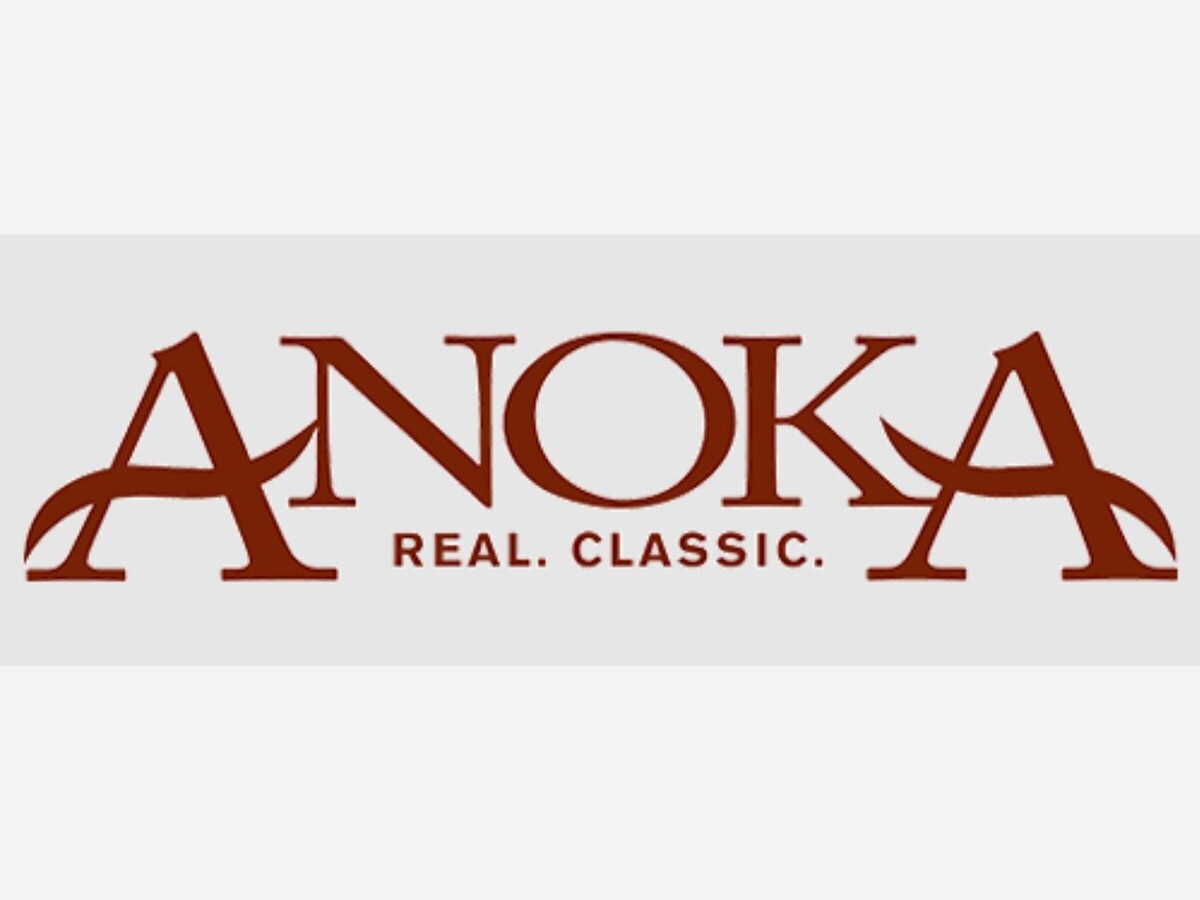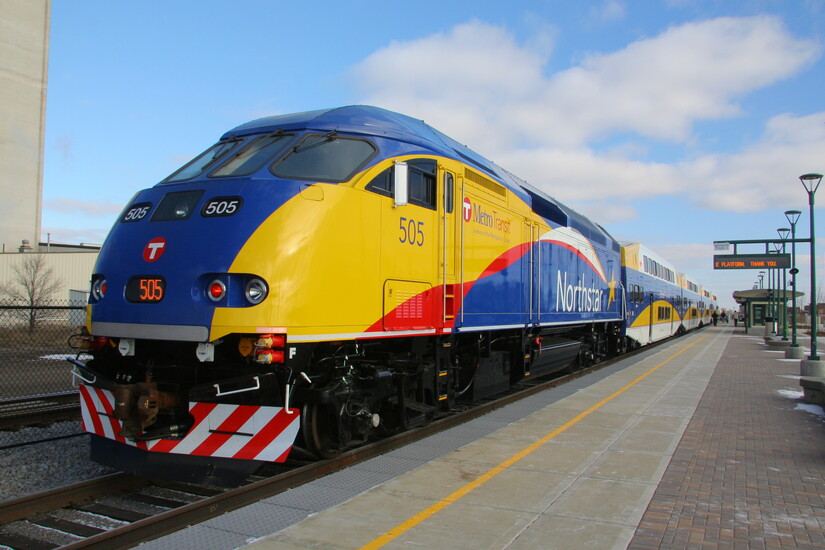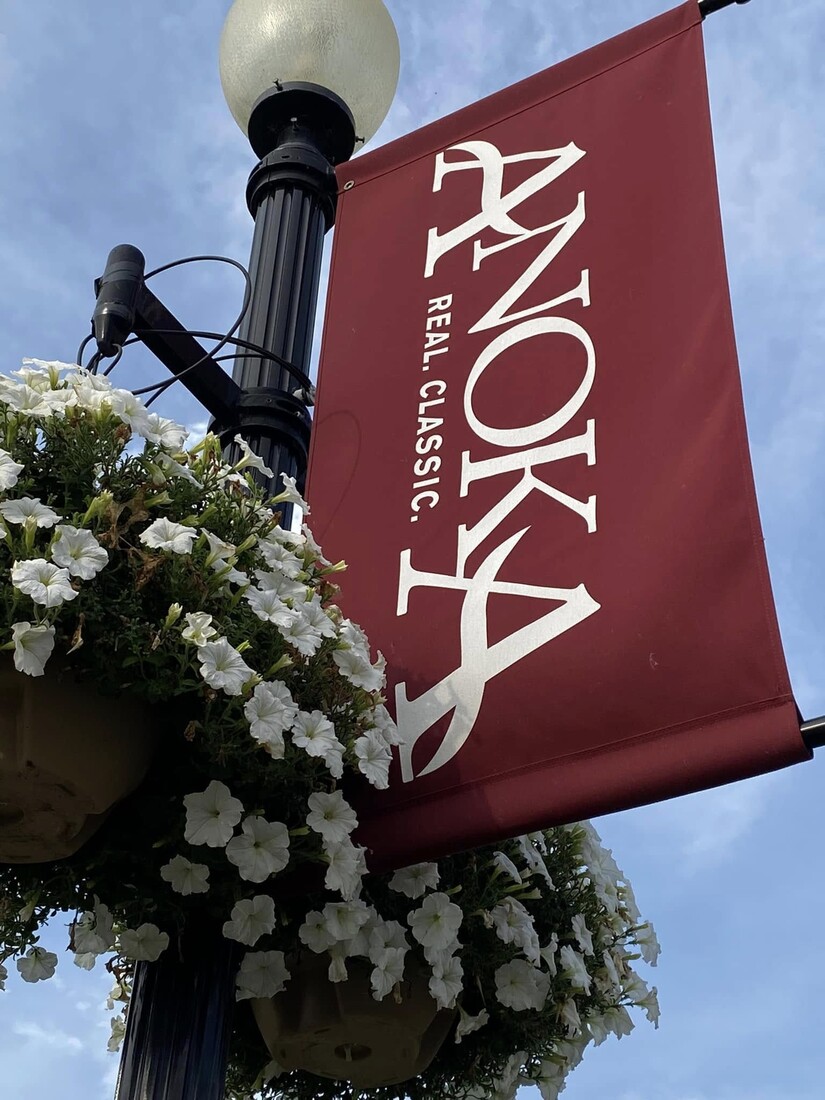Image


ANOKA, Minn. — City officials in Anoka are escalating efforts to delay or halt the impending shutdown of the Northstar Commuter Rail Line, warning that the Metropolitan Council’s decision to suspend rail service early next year could devastate years of public investment and redevelopment planning tied to the route.
The Metropolitan Council voted in August 2025 to discontinue Northstar service effective January 2026, citing persistently low ridership, high operating costs, and a long-standing struggle to meet performance expectations since the line’s launch in 2009. The move will replace rail service between downtown Minneapolis and Big Lake with an expanded, high-frequency express bus system beginning January 5, 2026.

Metro Transit officials have framed the change as a financially responsible pivot. The bus service is projected to cost about $3.5 million annually, compared with Northstar’s $18.6 million operating budget in 2025, while offering more weekly trips and improved flexibility across the corridor.
But in Anoka, where city leaders have spent years banking on rail as the backbone of a transit-oriented downtown expansion, the decision has been met with sharp opposition — and the threat of legal action.


Mayor Erik Skogquist and other city officials say the suspension of rail service jeopardizes millions in local and federal investments. Their concerns center on the Anoka Station parking ramp, associated platforms, and nearly 40 acres of property the city assembled for a mixed-use redevelopment intended to extend downtown Anoka around the rail corridor.
“We built around the assumption that Northstar was permanent,” Skogquist said in a recent city meeting. “If the line disappears, so does the foundation for our redevelopment strategy.”
Anoka leaders fear that dismantling or removing station infrastructure could leave the city with a stranded asset — an unusable ramp and vacant rail facilities — while potentially triggering federal grant repayment obligations. The Metropolitan Council has stated that suspension steps may include corridor restoration and removal of some physical assets, though details remain under negotiation with local jurisdictions.
Northstar has long struggled to reach its intended ridership potential. Despite initial hopes of connecting northern suburbs to Minneapolis’s downtown job core, the line has been hampered by limited service windows dictated by BNSF Railway’s freight schedules and by the pandemic-era drop in commuter travel.
Average weekday ridership, which peaked at 2,660 passengers pre-pandemic, had plummeted to around 428 riders by mid-2025, according to Metro Transit data. The resulting subsidy ballooned to roughly $116 per passenger trip in 2023 — far higher than any other Metro Transit service.
The Metropolitan Council argues that redirecting resources to expanded express buses aligns with its Network Now transit plan, designed to provide higher frequency service to more riders at lower cost. Officials say the replacement bus routes will connect existing park-and-ride lots in Ramsey, Anoka, Coon Rapids, and Fridley, preserving north-metro commuting options.
Anoka officials, however, contend that the region is being shortchanged compared to billion-dollar investments in light rail expansions elsewhere in the Twin Cities. They have urged the Met Council to delay any removal of rail infrastructure until the city’s redevelopment and financial exposure issues are resolved — and have reportedly discussed potential litigation to compel further negotiations.
“The move feels inequitable,” one Anoka council member said. “Communities like ours are being asked to absorb the loss while the metro core continues to see large-scale rail investment.”
Metro Transit spokespersons have said the agency remains committed to working with corridor cities to “ensure fair and transparent processes” regarding property and asset disposition.
The final Northstar trains are scheduled to operate the weekend of January 3–4, 2026, coinciding with the Minnesota Vikings’ regular-season home finale at U.S. Bank Stadium. After that, Metro Transit plans to begin expanded express bus operations the following Monday.
City leaders in Anoka say they will continue pressing for a delay — and, if necessary, legal intervention — to preserve what they call both a financial and symbolic investment in regional connectivity.
For residents and commuters who once viewed the line as a sign of suburban integration into the metro’s rail network, Northstar’s final weeks mark the end of an ambitious chapter in Minnesota’s public transit story — and the beginning of a contentious debate over what replaces it.